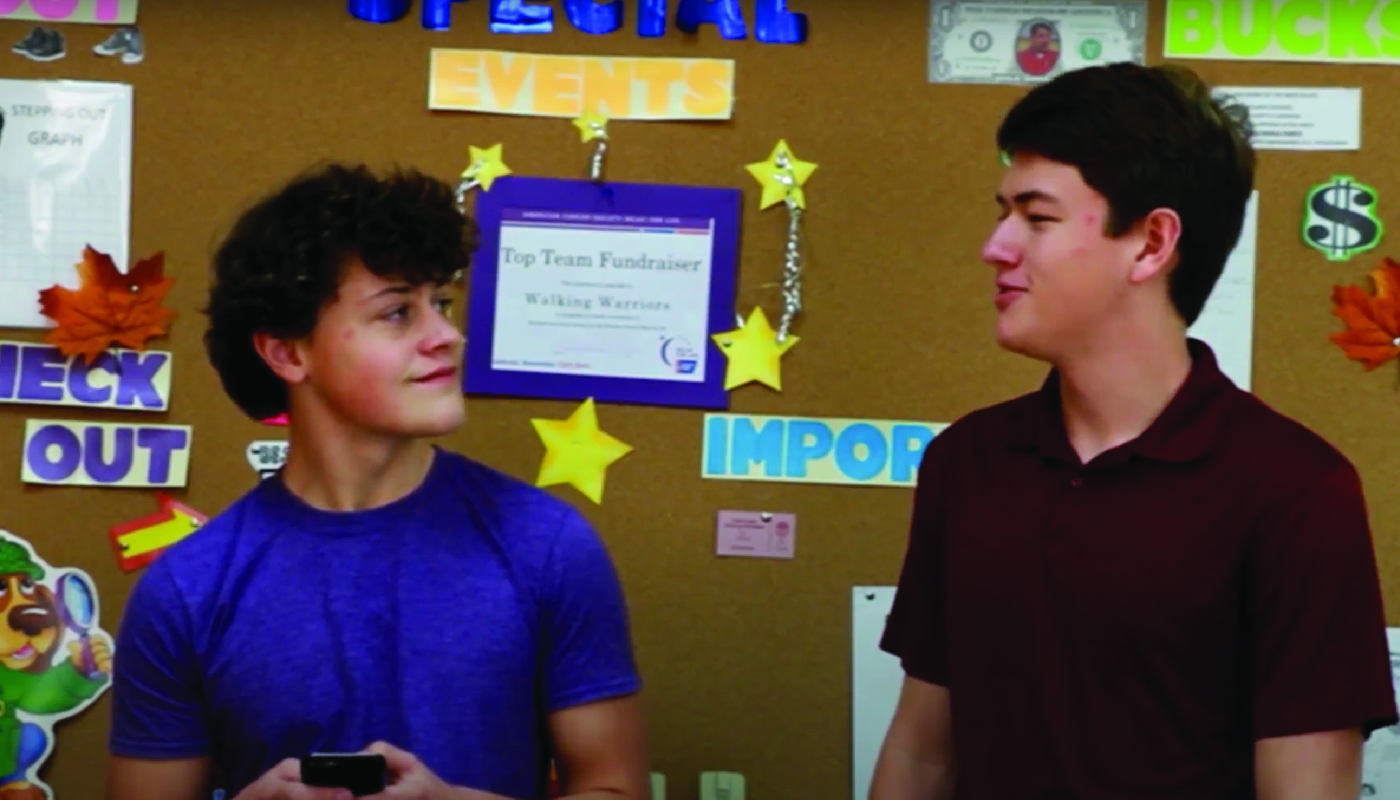Introduction
Small talk is a crucial social skill that allows individuals to engage in short, polite conversations with others, especially when interacting with strangers or acquaintances. By teaching students in Special Education how to make small talk, we can help them build connections, develop positive relationships, and navigate various social situations with confidence. This blog post will explore a no-prep activity, discussion questions, and related skills to assist educators in teaching small talk to their students.
No-Prep Activity
This activity, called “Weather and Weekend Chat,” provides an excellent opportunity for students to practice making small talk using the Two W’s: Weather and Weekend. Here are the steps to conduct this activity:
- Divide the students into pairs.
- Instruct each student to greet their partner using a simple “Hi” or “Hey” and their partner’s name.
- Ask the students to comment on the weather outside, e.g., “It’s so sunny today!” or “It looks like it might rain later.”
- Next, have the students inquire about their partner’s weekend, either by asking, “How was your weekend?” or sharing their own experiences, such as, “I went to the park this weekend.”
- Encourage the students to listen carefully to their partner’s responses and engage in a brief conversation about the weather or their weekend.
- After a few minutes, have the students switch partners and repeat the activity.
This no-prep activity allows students to practice making small talk in a structured and supportive environment, helping them develop their conversational skills and confidence.
Discussion Questions
To stimulate further discussions and deepen students’ understanding of the importance of small talk, consider posing the following questions:
- Why is it important to make small talk in social situations?
- What are some other topics that can be used for making small talk?
- How can making small talk help us build connections and relationships with others?
- What challenges might some students face when making small talk, and how can we help them overcome these obstacles?
- How can we continue practicing and improving our small talk skills in everyday life?
Related Skills
In addition to making small talk, there are several other social-emotional learning skills that can help students in Special Education thrive in their interactions with others. These skills include:
- Active listening: Ensuring students understand the importance of paying attention and responding appropriately to others during conversations.
- Empathy: Teaching students to recognize and understand the feelings and perspectives of others, fostering deeper connections and compassion.
- Nonverbal communication: Helping students interpret and use body language, facial expressions, and gestures to convey meaning and emotions effectively.
- Conflict resolution: Equipping students with strategies to handle disagreements, misunderstandings, and conflicts in a respectful and constructive manner.
- Assertiveness: Guiding students to express their needs, feelings, and opinions confidently and respectfully in various social situations.
Next Steps
Teaching small talk skills to students in Special Education is an essential part of fostering their social-emotional learning and preparing them for successful interactions in various settings. To access free sample materials on small talk and other related skills, be sure to sign up for free samples at Everyday Speech. By incorporating these resources into your educational practices, you can empower your students to build meaningful relationships and navigate the social world with confidence.











